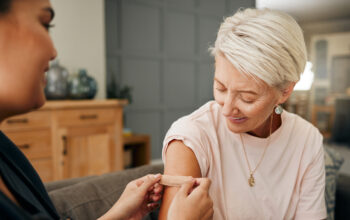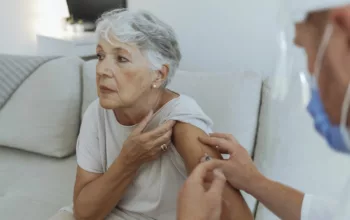Advancing universal healthcare through a new global immunization agenda
This was originally published in Devex on Monday, 13 April, 2020.
Behind WHO’s new strategy stands great momentum in the global health community to continue to advance the availability of lifesaving vaccines, while ensuring routine immunization can provide an effective platform to expand universal health care coverage. But to ensure vaccines do, in fact, work for all who are recommended to receive them, we must also ensure immunization is accessible at all stages of life.
Despite the availability and continued research and development of vaccines for adolescents and adults, they are still viewed by policymakers primarily as a tool to prevent infectious diseases for children. However, with people over 60 on track to outnumber children under 5 this year, proper attention to safeguarding adult health by adopting a life-course approach to immunization can have a big impact on public health and have a positive impact on the resources and capabilities of health care systems to support other groups and health challenges.
A report from IFPMA and The Health Policy Partnership has drawn lessons from six countries that are, to differing degrees, implementing a life-course approach to immunization. As the first country to introduce a comprehensive government-funded program for HPV in 2007, vaccine coverage for the virus in Australia increased to 80% of girls and 76% of boys. In the U.K., a group of general practitioners initiated a program to increase pertussis vaccination in pregnant women by identifying those who required the vaccine, then contacting and inviting them to be vaccinated.
To read more, click here.
Author





